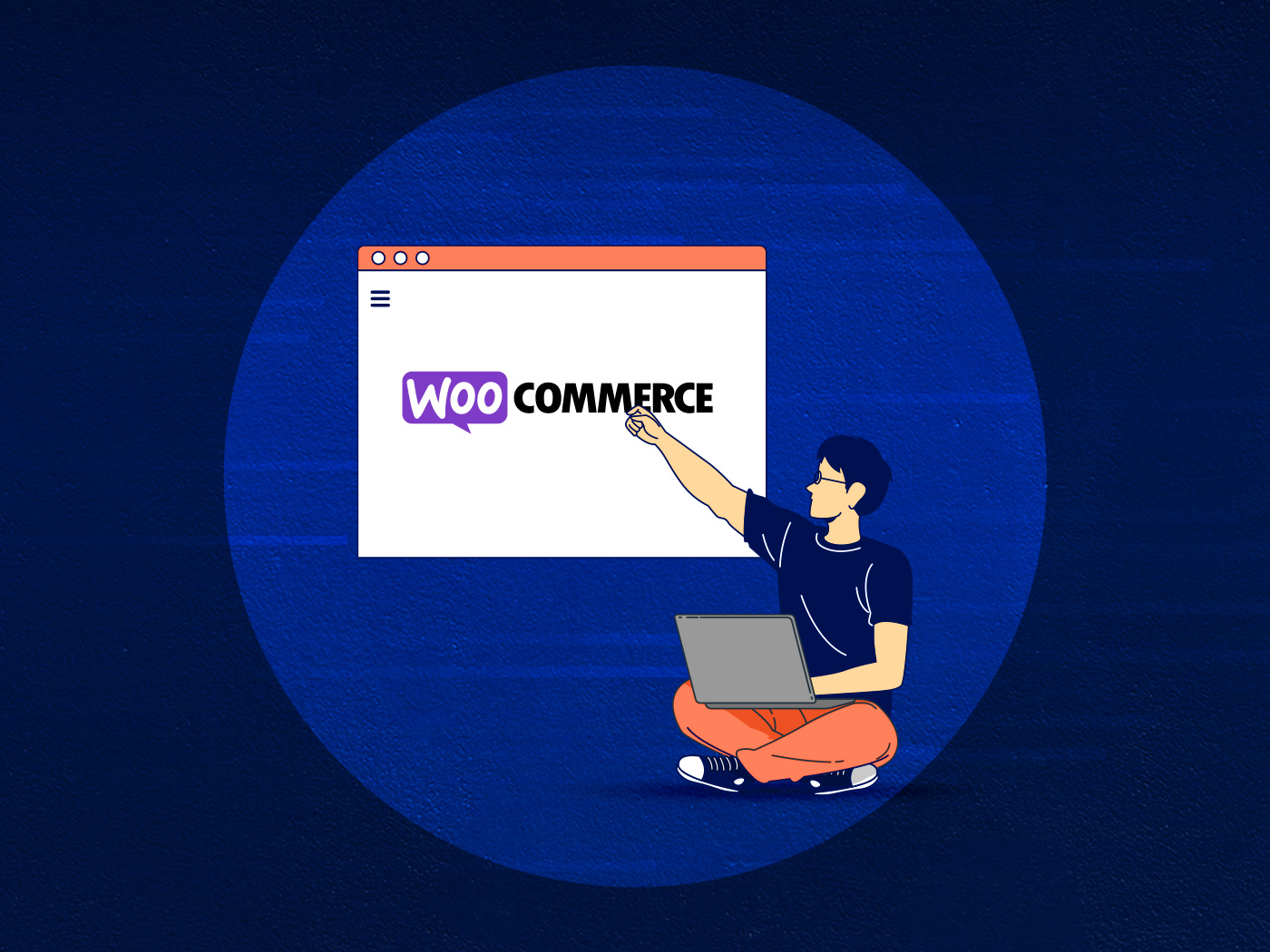A learning management system (LMS) can help organizations provide their employees, learners, and students with effective training and education. Unfortunately, choosing the right one can be a daunting task.
If you aren’t sure which one to use, the variety of options can be overwhelming. But if you want to have complete control over your data, have the ability to customize the website and course design, and be able fine-tune user management settings, then you should consider a self-hosted LMS. Most of the time, this means hosting a LMS on your own website using WordPress, and not using a third-party solution.
In this article, we’ll dive into everything you need to know about using a self-hosted LMS, how it is different from cloud-based LMS, along with some of the top self-hosted LMS solutions you can consider when building a WordPress site.
Cloud-Based Vs. Self-Hosted LMS
When it comes to choosing an LMS, there are two main options: cloud-based or self-hosted. Each option has its advantages and disadvantages, and it’s essential to understand the differences between the two.
Let’s start with the cloud-based LMS.
A cloud-based LMS is hosted on the provider’s server and accessed through the internet. This means that the provider is responsible for maintaining the server, updating the software, and ensuring that the LMS is available 24/7. As a user, you don’t have to worry about technical issues and can access the LMS from anywhere with an internet connection.
One of the main advantages of a cloud-based LMS is its convenience. You don’t have to worry about server maintenance, software updates, or hardware upgrades, as the provider takes care of everything. This makes it an attractive option for organizations that don’t have the technical expertise or resources to manage their own server.
However, this also means that you don’t have as much control over your data or design. You typically cannot modify the course structure to a significant degree, nor can you easily adjust settings. You are stuck using whatever the provider offers.
Now, let’s understand how a self-hosted LMS works.
Unlike a cloud-based LMS, a self-hosted LMS is installed and managed on your own server or hosting environment. This means that you have complete control over the software, data, and customization options. You can customize and personalize the LMS to fit your organization’s needs and requirements.
One of the significant advantages of a self-hosted LMS is that it gives you more control over your data and security. Your data is stored on your own server, which offers a higher level of privacy. You can also customize the software to fit your specific needs, which is not always possible with a cloud-based solution.
It should be noted that setting up and maintaining a self-hosted LMS requires technical expertise. You’ll need to have a server, software, and hardware in place to run it effectively. Additionally, you’ll need to manage updates and security patches to keep the system running smoothly. However, if you choose the right host for your LMS site, they can handle much of this for you. At Convesio, for example, we handle the technical details so that you can focus on growing your LMS business.
So, the question is, which one is better?
A cloud-based LMS is a great option for organizations that want a convenient, hassle-free solution. It’s also a good option for those without the technical expertise to manage their own server.
A self-hosted LMS, on the other hand, is a great option for organizations looking for complete control over their LMS software, data, and customization. You can also avoid many of the pitfalls of self-hosting by just picking the right LMS host.
Why Choose a Self-Hosted LMS?
A self-hosted LMS provides a wide range of features and benefits that can be tailored to match your organization’s learning and development needs. Here are just a few of the essential features of a self-hosted LMS to consider:
Customization and Control
One of the most significant advantages of a self-hosted LMS is the ability to customize it to fit your organization’s specific needs. You can tailor the system’s interface, layout, and functionality to match your organization’s branding and identity. This makes it very easy to brand your courses or training programs and make them fit your overall brand identity.
Perhaps more importantly, with a self-hosted LMS, you have complete control over your data and content. You can manage user access, create and manage courses, and customize the user interface according to your organization’s requirements. You don’t need to limit yourself to the restrictions or limitations of a third-party LMS solution.
Data Privacy
A self-hosted LMS gives you complete control over your data, ensuring that it is secure and protected. You can manage user access, back up your data regularly, and add additional security measures to protect your organization’s sensitive information.
This is significantly more secure than using a third-party solution, where your data will be kept by a different organization. If they have security issues, then you will too.
Scalability
As your organization grows, you can scale up the self-hosted LMS to handle more courses, more students, and more simultaneous users. You can add more courses, users, and features to the system without worrying about hitting any limitations.
Learn More: Can WordPress Actually Scale? Answered!
Great Integrations
Self-hosted LMS can integrate with other systems such as HR software, CRM, and other business tools. This allows you to streamline your organization’s processes and improve efficiency.
Cost-Effectiveness
While the initial setup cost of a self-hosted LMS can be high, it can be a cost-effective option in the long run. You won’t have to pay for ongoing subscription fees or incur any hidden costs, making it a cost-effective option for organizations with a limited budget.
Some of The Top Self-Hosted LMS Solutions for WordPress
Now let’s take a look at some of the best LMS options on the market. Each one has unique features and benefits. Some of the top self-hosted LMS solutions that you can look into:
LifterLMS
Our top choice for a self-hosted LMS plugin is LifterLMS. It has a drag-and-drop interface, which a key feature as it makes it for instructors to create engaging and interactive courses without needing to have any design skills.
Different types of quizzes, multimedia content, and assignments on this self-hosted LMS make it fun for the students as well as instructors to learn and grow.
LifterLMS also provides a range of monetization options, including the ability to sell courses, memberships, and subscriptions. This can help organizations to generate revenue from their online courses and create a sustainable business model.
Another key feature of LifterLMS is its powerful analytics and reporting capabilities. Organizations can track student progress and course performance, allowing them to identify areas where students may be struggling and adjust the course content accordingly.
LifterLMS is also highly customizable, allowing organizations to tailor the LMS to their specific needs. This includes the ability to customize the user interface, add custom branding, and integrate with third-party tools and services.
LearnDash
LearnDash is a popular self-hosted LMS solution that provides a range of features and benefits for organizations. It’s designed to be user-friendly and intuitive, making it easy for instructors to create and manage courses.
One of the key features of LearnDash is its course builder, which allows instructors to create interactive courses quickly. It has a range of tools, including quizzes, assignments, and surveys, that you can use to create a rich environment for your students.
Another key feature of LearnDash is its gamification options. Instructors can award points and badges to students as they complete courses and achieve specific milestones. This can help to motivate students and encourage them to engage more deeply with the course material.
Additionally, LearnDash provides detailed reporting and analytics, allowing organizations to track student progress and course performance. This can help instructors to identify areas where students may be struggling and adjust the course content accordingly.
LearnPress
LearnPress is another popular self-hosted LMS solution that’s built on WordPress, making it a great choice for organizations that are already using WordPress as their content management system.
It’s a flexible and customizable solution that provides a range of features and benefits for instructors and learners alike. Also, the interface of LearnPress makes it easy to use for even beginners.
Learn More: How to Select Hosting for Your LMS WordPress Website
You can also review your student’s reports and analytics on LearnPress which makes it suitable for everyone and leaves room to grow and learn. With its intuitive course builder, gamification options, customization options, and detailed reporting, it’s a great choice for organizations that are already using WordPress and want to create engaging and effective online courses.
Next, let’s learn how to pick the right self-hosted LMS for your organization.
How To Choose The Right Self-Hosted LMS
Choosing the right self-hosted LMS can be a daunting task, as there are so many options available on the market. To make it easy for you, here’s what you can consider for choosing the right self-hosted LMS:
Ease of Use
The LMS should be easy to set up and use, with an intuitive interface that allows instructors to create courses quickly and easily. It should also be easy for students to navigate and engage with the course material.
Customization Options
Another important factor to consider is whether the LMS is easy to customize as per your organization’s needs. Highly customizable LMS allows organizations to tailor the interface, branding, and features to their specific needs. This includes the ability to add custom branding, integrate with third-party tools and services, and customize the user interface.
Monetization
Monetization options are also an important consideration. The LMS should provide a range of options for monetizing courses, including the ability to sell courses, offer subscriptions, and provide discounts and coupons. This can help organizations to generate revenue and build a sustainable business model.
Analytics and Reporting
Analytics and reporting capabilities are also essential for tracking student progress and course performance. The LMS should provide detailed reporting and analytics, allowing organizations to identify areas where students may be struggling and adjust the course content accordingly.
With the right LMS in place, you can create engaging and effective online courses that provide a rich and interactive learning experience for your students.
The Bottom Line
To conclude, self-hosted LMS solutions provide a great way for organizations to create and sell engaging online courses. They offer a range of features and benefits that can help organizations to provide a great experience for their students, while also generating revenue and building a sustainable business model.
When choosing a self-hosted LMS solution, it’s important to consider factors such as ease of use, customization options, monetization options, and analytics and reporting capabilities. Some of the top self-hosted LMS solutions on the market today include LearnDash, LifterLMS, and LearnPress, each with its unique strengths and benefits
Ultimately, the right self-hosted LMS solution for your organization will depend on your specific needs and goals.
Looking for a WordPress LMS hosting solution? Convesio is here to help! Our LMS hosting solution is specifically designed for WordPress e-learning websites. From a super speedy website to an expert support system, Convesio knows the importance of managing your courses well.


